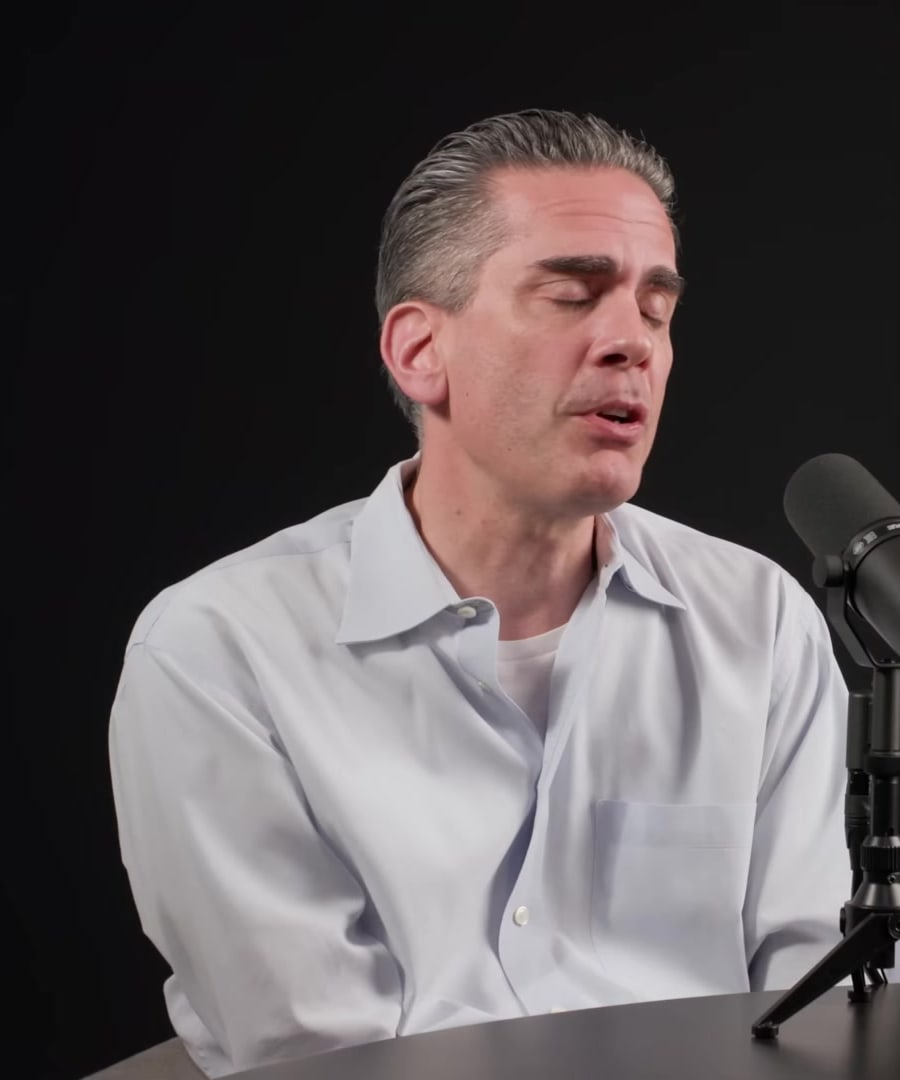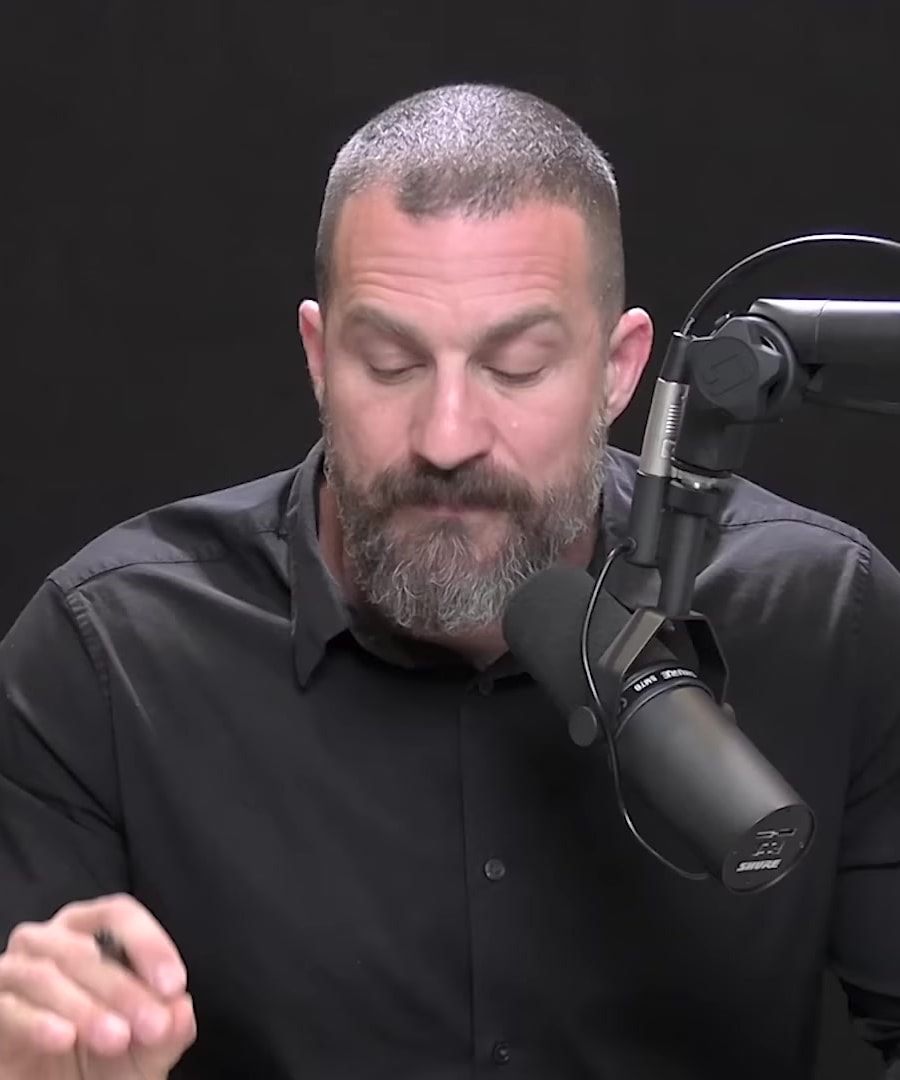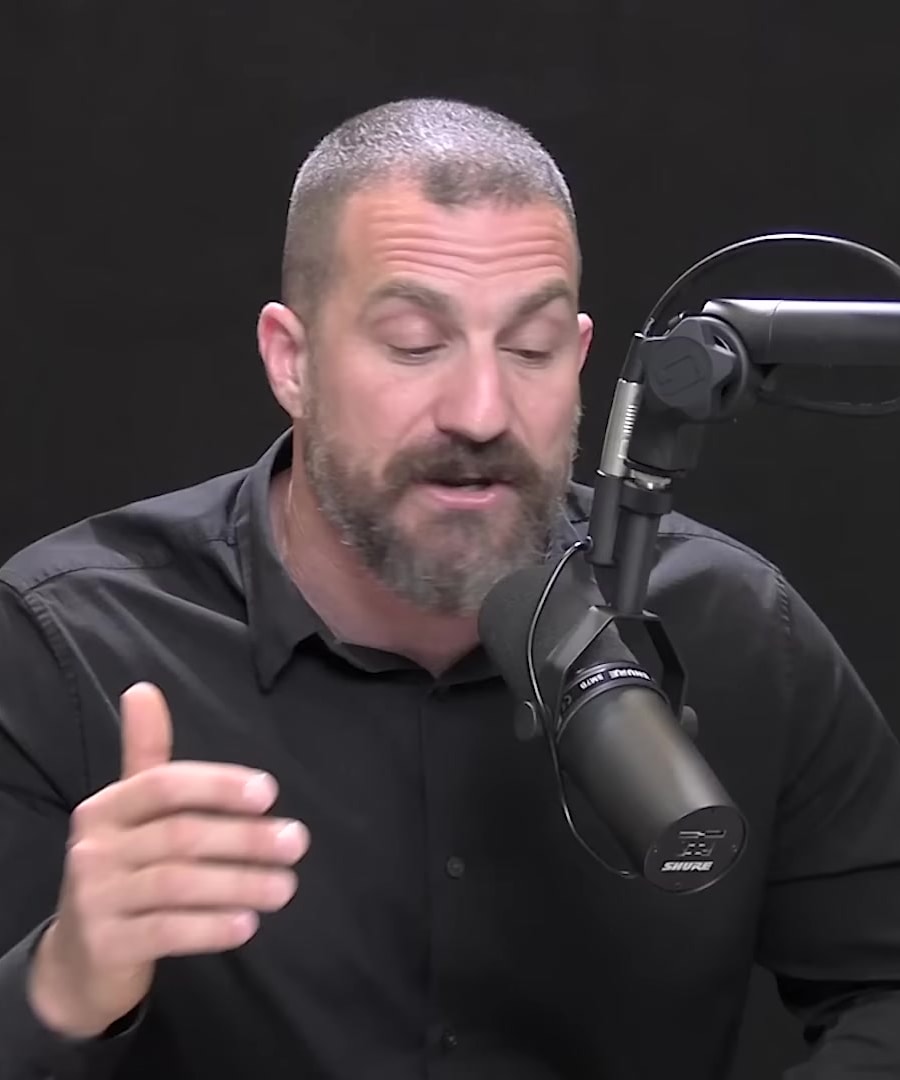Should I tell my son childhood traumas he might not remember? They happened before age 3
Sources:
When considering whether to tell a child about their traumas from before age 3, it's important to understand the complexities of early childhood experiences and their long-lasting effects. Dr. Paul Conti discusses how negative stimuli from early childhood can be significantly salient and impact a child's development. For instance, negative interactions or comments within the family can lead to a child internalizing these sentiments, affecting their self-perception and interpersonal interactions as they grow older 1 .
It's crucial to approach the subject with sensitivity and potentially under the guidance of a professional, as discussing early traumas can sometimes reinforce negative perceptions or cause confusion due to the child’s developing cognitive abilities. Also, remember that children may not have the capacity to fully understand or rationalize parental behaviors which can lead to feelings of self-blame or inadequacy. If you consider this conversation necessary, it might be beneficial to have it in the presence of a therapist who can provide support and clarify misunderstandings immediately.
RELATED QUESTIONSShould I share with my 22 years old son traumas he had in his very early life he might have blocked?
Sources:
When considering sharing early traumas with your 22-year-old son, especially those he might have repressed, Dr. Andrew Huberman emphasizes the importance of recognizing and detailing the traumatic event to form a new, non-traumatic association with it. Through therapeutic approaches like cognitive-behavioral therapy, individuals can progressively diminish the physiological responses associated with the trauma. This involves a detailed recounting and relearning of events, essential for replacing fear and anxiety with neutral or positive associations 1 .
Dr. Huberman also indicates that the repeated retelling of traumatic experiences in a therapeutic setting can help reduce the physiological fear response. The narrative should accurately capture the emotional and physical sensations of the trauma, and over time, this practice can transform the traumatic memory into a less impactful one 2 .
It’s very important to approach this conversation with sensitivity and proper support, considering the emotional state and readiness of your son. Engaging in this process without professional guidance might not provide the supportive environment needed for effective healing. Therefore, consulting with a mental health professional before having these discussions is highly advisable to ensure it is handled in a psychologically beneficial way.
RELATED QUESTIONS?
Sources:
When deciding whether to share information about early traumas with your son, it's essential to consider the possibility of reconstructing and reforming the traumatic event into more positive associations. Dr. Andrew Huberman suggests that recognizing and detailing the traumatic event repetitively is crucial for forming non-traumatic associations. This process involves reducing the amplitude of the physiological response and necessitates the relearning of a new narrative for the traumatic event. It aims to replace old traumatic responses with new, healthier perceptions 1 .
This relearning, however, should ideally be guided by professionals, such as cognitive-behavioral therapists, who understand the neuroscience of fear and trauma. They can help navigate the complex emotions and physiological responses involved. Therefore, if you decide to share the trauma with your son, it would be advisable to have professional support to manage and process this information in a healthy and constructive way.
RELATED QUESTIONSShould he do AMDR
Sources:
Eye Movement Desensitization and Reprocessing (EMDR) is highlighted as a particularly effective treatment for trauma associated with single, distressing events rather than chronic, long-term traumas. Dr. Andrew Huberman discusses how EMDR leverages lateralized eye movements to reduce anxiety by decreasing activation in the amygdala and related brain circuitries, which are involved in the threat response. This reduction in amygdala activation helps decrease the physiological arousal associated with stress, making individuals feel calmer and less alert 1 .
If you or your son is dealing with trauma from specific events, EMDR could potentially be beneficial. However, its effectiveness may vary for ongoing or complex trauma associated with prolonged experiences, such as a difficult childhood or other extended adversities. It is advisable to consult with a healthcare professional experienced in trauma therapy to discuss whether EMDR is an appropriate treatment option.
RELATED QUESTIONS
Should I tell my son childhood traumas he might not remember? They happened before age 3
- RELATED QUESTIONS
Should I share with my 22 years old son traumas he had in his very early life he might have blocked?
- RELATED QUESTIONS
?
- RELATED QUESTIONS
Should he do AMDR
- RELATED QUESTIONS



